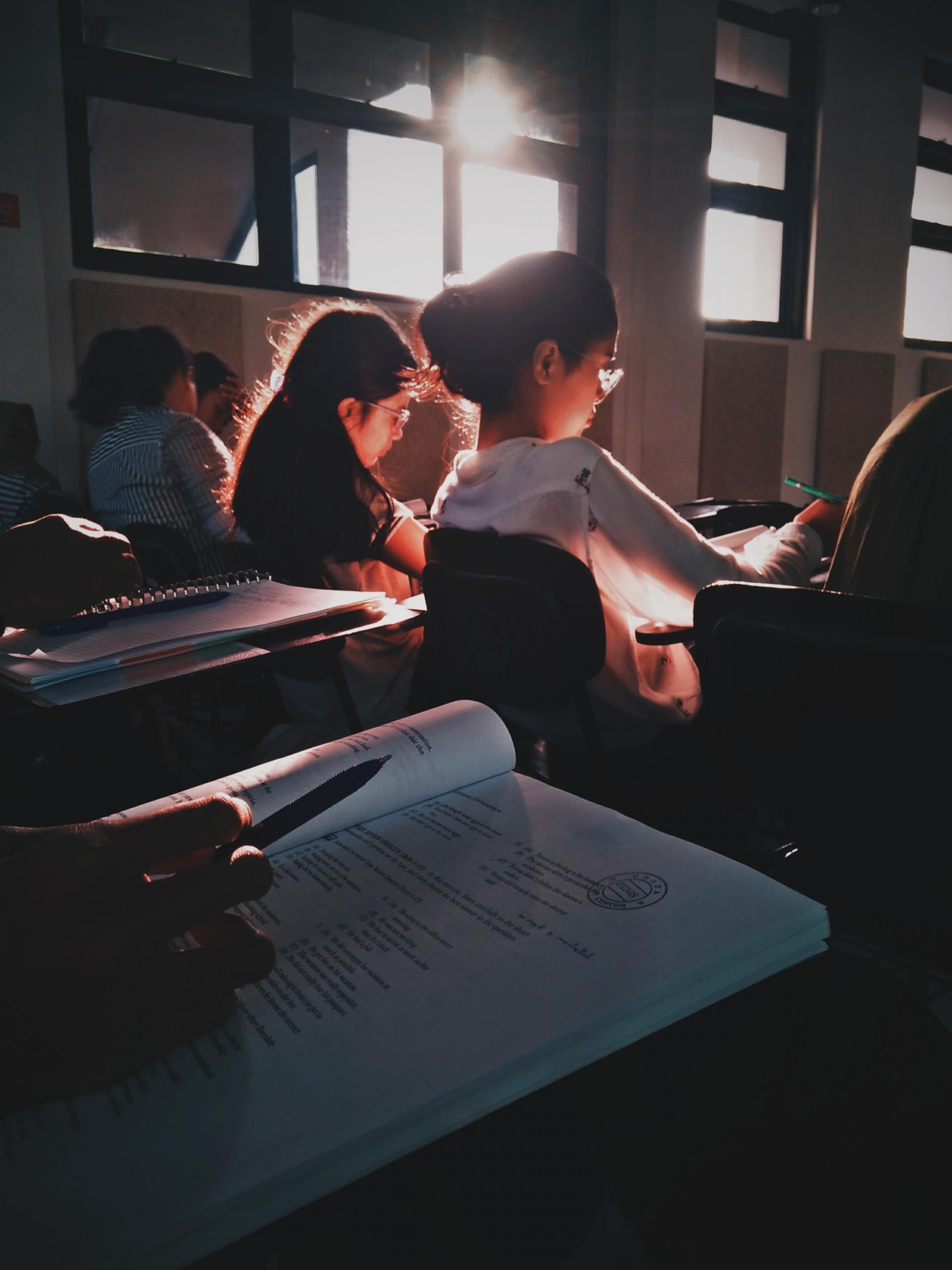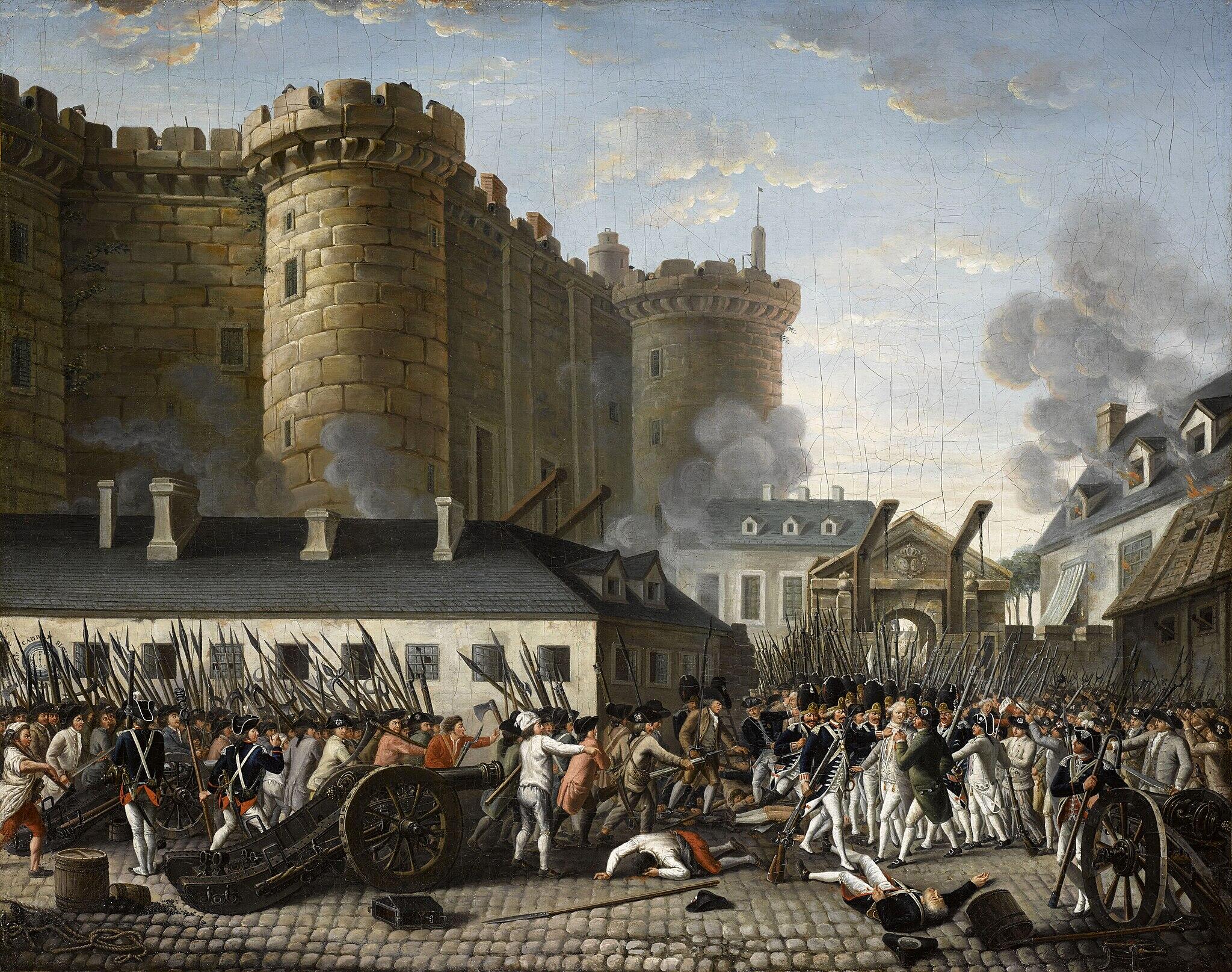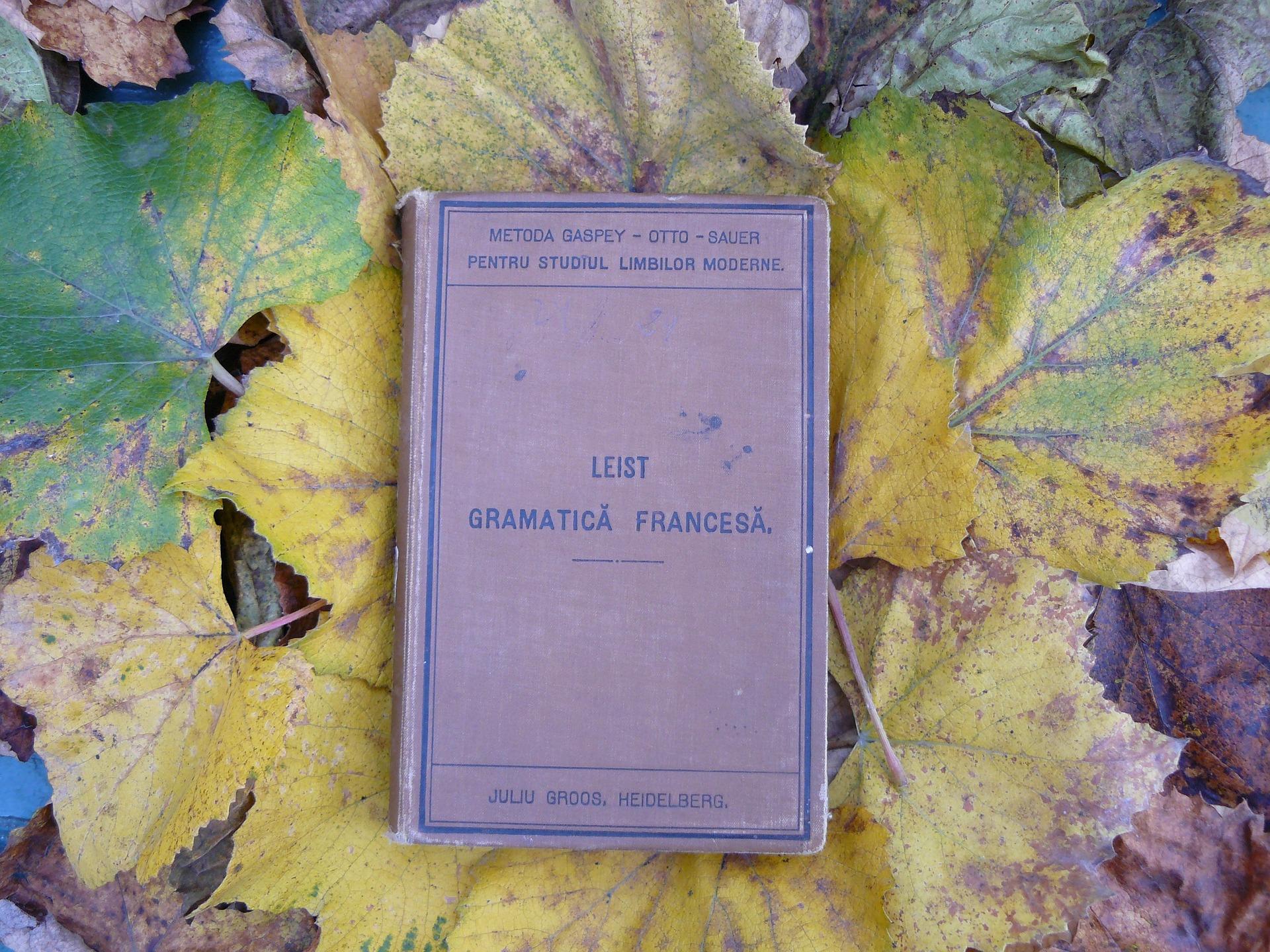Within the NCEA system, you have internals and externals. Depending on your subject, some students will do more internal assessments, others more external. French leans more towards internal assessments as usually, you have three internal and two external. The internal assessments focus on speaking and writing production. The external assessments focus more on listening and reading comprehension.
This complete guide focuses on the different ways you can prepare yourself in regard to external exams. Internals are completed over a duration of days or weeks with time to prepare. Externals are three-hour exams that you prepare for without specific knowledge on the topic you will be focusing on, but you know the skills you need to demonstrate.

NCEA French Study guide
The best place to start with revising is preparing yourself and the space around you. How you study is important as it determines the level of focus and concentration. It can be super hard to listen to French when you hear others speaking another language you understand around you. Organise your notes and create tools to help you remember them.
This guide gives you different ways in which you can create good studying environments, create revision tools, and ways that you can manage distractions. The idea is to focus intensely for less time, the good old saying, working smarter not harder. For example, if you spend three hours studying French, but during that time you constantly check your phone, spend 5 minutes searching for a song, find yourself constantly singing along to songs, maybe replying to a text or two, did you really focus? The answer is no.
When it comes to revision, multi-tasking is not your friend. Intense focusing is hard to maintain for long periods of time. So like sports, you play for one half, take a break, come back out and complete the other half. If you are after a number then one hour is good. Focus intensely for one hour. One hour of intense focus is way better than three hours of interrupted study. Ideally, you would be able to do this within your home but that is not the case for everyone. This guide offers alternative places you can study.
But what about silence? Silence is great for people who find it helps them study. For others, it makes it really hard to focus. Silence is not something we as humans are used to, and a dog suddenly barking when everything is silent can attract our focus instantly. So what are some things you can do about it? Play some music, but music without lyrics. Sometimes silence will work for you, other days it won’t. So adjust to how you are operating on that particular day.

Using Past French Exam Papers
Once you have your study zones identified and set up. Time to revise. But what can you practice with? Past exam papers of course. This guide shows you where to find them and how to best use them. It may seem odd you can access these but the NCEA system is not about throwing surprises your way (well, a majority of the time anyway).
It is about giving you a platform to demonstrate your skills and certify them. It informs you and others what you are capable of. The past exam papers give you a good idea about the general layout of the exam, what you will be given, the general ideas behind the questions, the different written extracts you could possibly get and so forth. They also give you a place to practice your skillset. You can listen to audio clips so you can gauge how developed your listening skills are and written extracts so you can focus on your strengths and weaknesses in reading comprehension.
There are even exemplars from actual students. They can be a great tool to assess your writing skills. You can see how others have answered and compare them to your own. Think of exemplars as watching someone on an obstacle course go before you. You can see how they got to the finish line, what areas they did well, and other areas where they struggled. It can give an idea of different ways you could approach that particular obstacle.
Just be aware that the obstacle course will not be the same. There is no point in trying to memorise the response of another student because you will not be given the exact question, just a similar format. That is also called plagiarism. Plagiarising comes with a whole lot of nasty consequences, so it is best to avoid it.

Revise your NCEA French notes and add a bit of colour! Just make sure it is your own words.
Tackling French Exam Questions
You’ve got the space, the resources, organised your notes, now what? Answer the questions of course. This guide is about how to approach questions, figure out what you have to do, and the best way to respond to them. The best way to start is to look at the achievement grid.
If you understand what you need to do, it gives direction to your writing. The amount of detail needed in your writing is dependent on your NCEA Level. On top of that, you have to do a bit of work to understand the key ideas and find examples within the written texts and audio clips.
It is a step by step process to arrive at this point. Without a solid grasp of spoken and written French, you won’t be able to understand the questions. Use the past papers to assess how well you understand and can read in French. If it is a struggle, go back to revising the vocabulary and grammar you learnt throughout the year. If you generally understand, then keep moving forward.
The audio section is unique as you have to listen and take notes at the same time. The NCEA revision tips guide explains this section in more detail, but to summarise you need to note key information in order to use that specific information to answer the question. You don’t have to understand every word that is written or spoken (it is an advantage though). The skill you can use here is to read around the word.
Can you understand the sentence in general even if there are specific words you are unsure of? If so, great! This is completely normal, there are roughly 300 verbs in French alone, so you are bound to come across this problem sooner or later.

Understanding the French Scholarship Exam
For the Level 3 students, Scholarship is a real test of perseverance, skill, and a tribute to your hard work. Which can be rewarded with a bit of money or scholarships. Since it costs nothing but time, have a go! Scholarship is technically open to all year levels but if you read the fine print, university scholarships based on achieving well on multiple NCEA scholarship exams are awarded to those who complete them within the same year. It doesn't mean you shouldn’t sit the scholarship exam if you are a level 2 student, but that it is best to have a conversation with your teacher about it.
This guide breaks down the different sections in the scholarship exam as well as the best way to approach them. It has a similar layout to standard NCEA exams with a big exception. The scholarship requires you to speak. To add to it, you will be speaking on a topic with only 10 minutes to prepare for it. This section alters the way you should be revising. There is still a reading and listening section, but you also need to practice your speaking as well. That is hard to do by yourself as it can be difficult to hear when we are making mistakes.
Just to spice it up a little more, one section will require you to answer questions in French. While it does increase the difficulty of the exam, it is scholarship after all. Flex those muscles and show those examiners what you have got (figuratively of course). This guide helps you find resources to revise with and different ways you can approach the exam. There are no fixed rules in regards to revision, so take and use what you want. You know you best so utilise all that you have learnt over the years and it is always a good idea to add more to your revision skills list.

An NCEA French helping hand
Revision doesn’t have to be a solo adventure all the time. Speak with your fellow classmates and work together to build up your competencies within the French language. Changing the way you study helps to keep you on your toes and more interested. Sometimes you may study individually, other times collectively. However you choose to move forward, Superprof can lend a helping hand in connecting you to knowledgeable and experienced French tutors.
Summarise with AI:
























